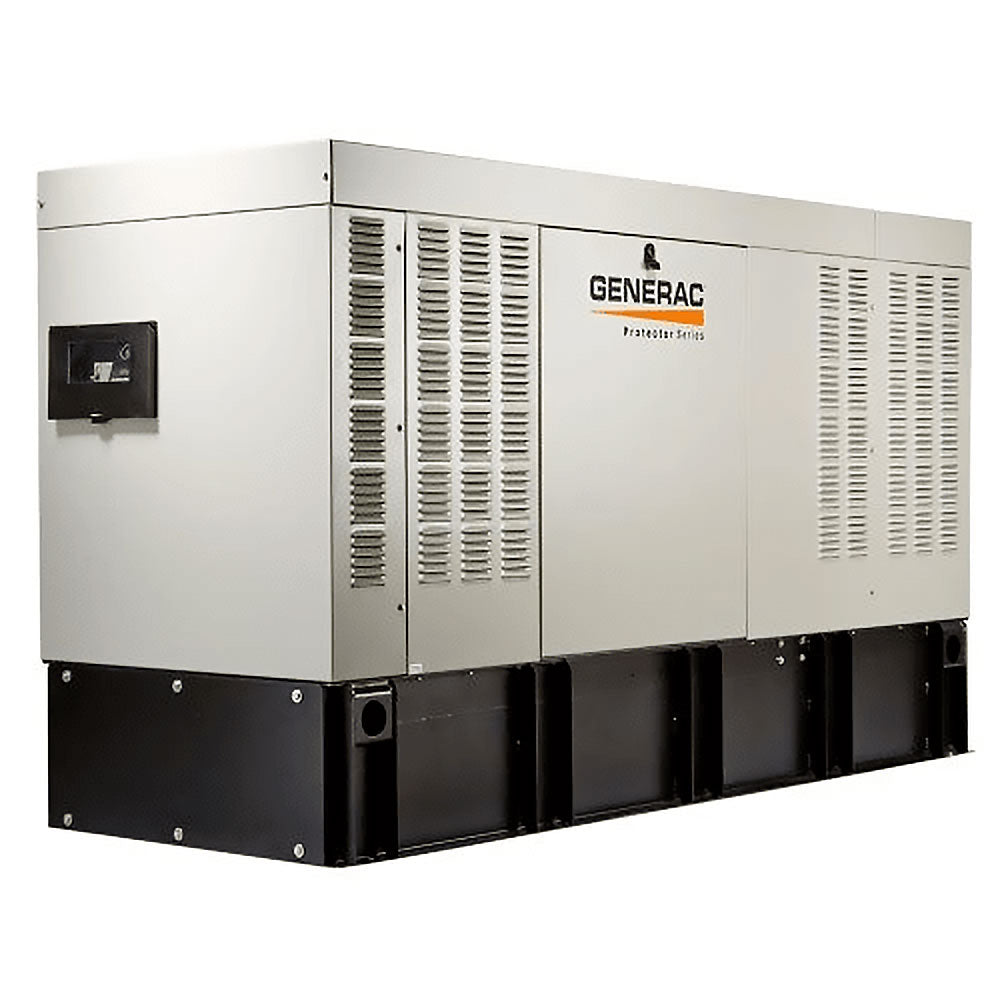"Backfeeding"
While it is 'technically' possible, it is also REALISTICALLY (potentially) dangerous.
Here's why:
The house wiring to any outlet (in North America) is something along the lines of 14 gauge wire. The average 'extension cord' is 18 gauge or possibly 16 gauge, depending on the quality that you purchased. Installing a second male plug where the original female socket was, CAN get you up and running on that ONE side of the breaker panel.
After, of course, you turn off the main breaker.
But realize, completely and cognizant-ly, that any and all power that is then used/consumed in the home will all be fed through that small extension cord. You REALLY want to keep the load down. I suggest everything off, except for the furnace fan (during cold climate) and then only a small number of lights.
Either unplug or trip the breakers from any circuit you don't need to be running at that time. Periodically, turn everything else off and run the fridge and then freezer for a cycle. Say about, ever 5-6 hours. Ensure that the doors to these appliances are kept closed, always. If you do open them, only do such for the shortest time needed.
I used to live in Northern B.C. where we dealt with sporadic power outages almost 12 times a year. Some were for seconds, some were for hours, and the odd one was for days. You never know what you have to plan for, or when. Or for how long. So instant adaptation is required.
Learn vicariously, from others who actually 'have'. As stated previous, start with ensuring that the "main" is turned off, so that no-one else is injured.
What I have just described to you, above, is 'theoretically' possible and effective. BUT, there are definitely better/proper'er/legal'er ways of doing such. For example, TRANSFER SWITCHES, and the like. They exist for a reason. THIS REASON.
While you 'can' do something, it doesn't mean that you 'should'..... but sometimes you 'have to'. Just know the FULL context of what you're doing. Extension cords make VERY POOR fuses. They truly are ONE TIME USE/burn.... like wooden matches. You don't save the ones that worked.


